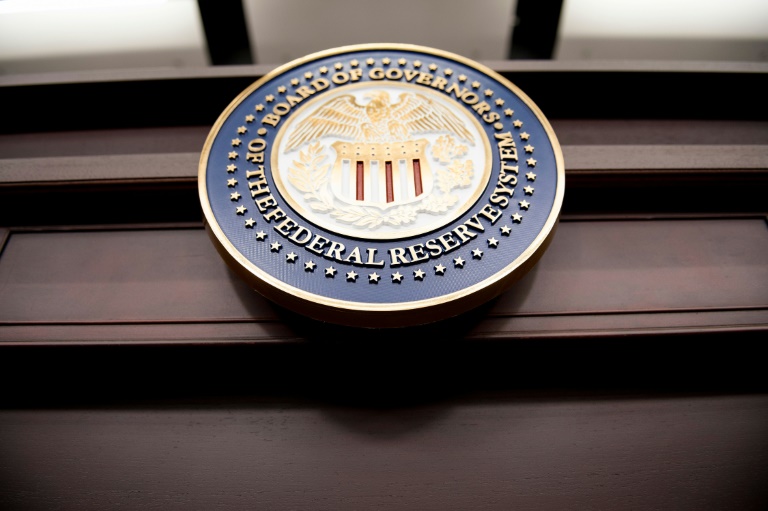KEY POINTS
- CBDC is on the bottom list of the Fed’s ‘Key Duties’ list, as per Rep. Emmer
- The Fed’s Powell said last week that the bank was ‘nowhere near recommending’ a digital currency
- The US is one of 30 countries worldwide whose CBDC initiative is still in the development phase
The U.S. central bank recently reiterated that it was far from even thinking about developing a central bank digital currency (CBDC), but House of Representatives Majority Whip Tom Emmer, R-Minn., revealed Thursday that the Federal Reserve may be planning otherwise.
Emmer revealed on X (formerly Twitter) Thursday what he said was a seven-item list of the “Key Duties of the Fed” that the central bank gave to his staff during a presentation. “If you don’t think the Fed is pursuing a CBDC, thing again … they view a CBDC as one of their KEY DUTIES,” he wrote.
In the list, currency is the top priority for the Fed, with check collection in the second spot, and automated clearinghouse (ACH) – an electronic payments system – third in the bank’s payment system priorities. Way down the list are CBDCs, as per the list Emmer posted.
If you don’t think the Fed is pursuing a CBDC, think again.
The Fed gave this to my staff during a presentation earlier this Congress. They view a CBDC as one of their KEY DUTIES. pic.twitter.com/0LcdWBKk58
— Tom Emmer (@GOPMajorityWhip) March 14, 2024
Back in 2022, the Fed released a paper, saying it will look into the potential benefits and risks of a CBDC. At the time, it said that while a CBDC could make payments and other transactions more convenient, it may also raise “a variety of important policy questions,” including its possible impact on the current financial system’s infrastructure.
Emmer’s revelation comes just days after Fed Chair Jerome Powell provided reassurance to a Senate committee that the central bank was not even close to recommending a CBDC.
“First of all, I wanna say that we’re nowhere near recommending or let alone adopting a central bank digital currency in any form,” he said before the Senate Committee on Banking, Housing, and Urban Affairs. He acknowledged concerns about the government possibly looking into the public’s financial transactions through a digital currency. “That’s just something we would not stand for, or do, or propose here in the United States,” he reiterated.
He said the American public shouldn’t even worry about a CBDC, since “nothing like that is remotely close to happening anytime soon.”
The Senate committee session was held about a week after a group of several Republican senators moved to potentially block the Fed from issuing a CBDC. The GOP senators introduced legislation that states the central bank cannot issue a digital currency without authorization from Congress.
The group cited financial privacy concerns, including the possible infringement on the freedom of U.S. consumers in terms of their personal spending habits.
The U.S. joins 29 other countries that have CBDC initiatives still under development, according to data from think tank the Atlantic Council. As of the latest tally, only three countries have officially launched a CBDC: the Bahamas, Jamaica, and Nigeria.







